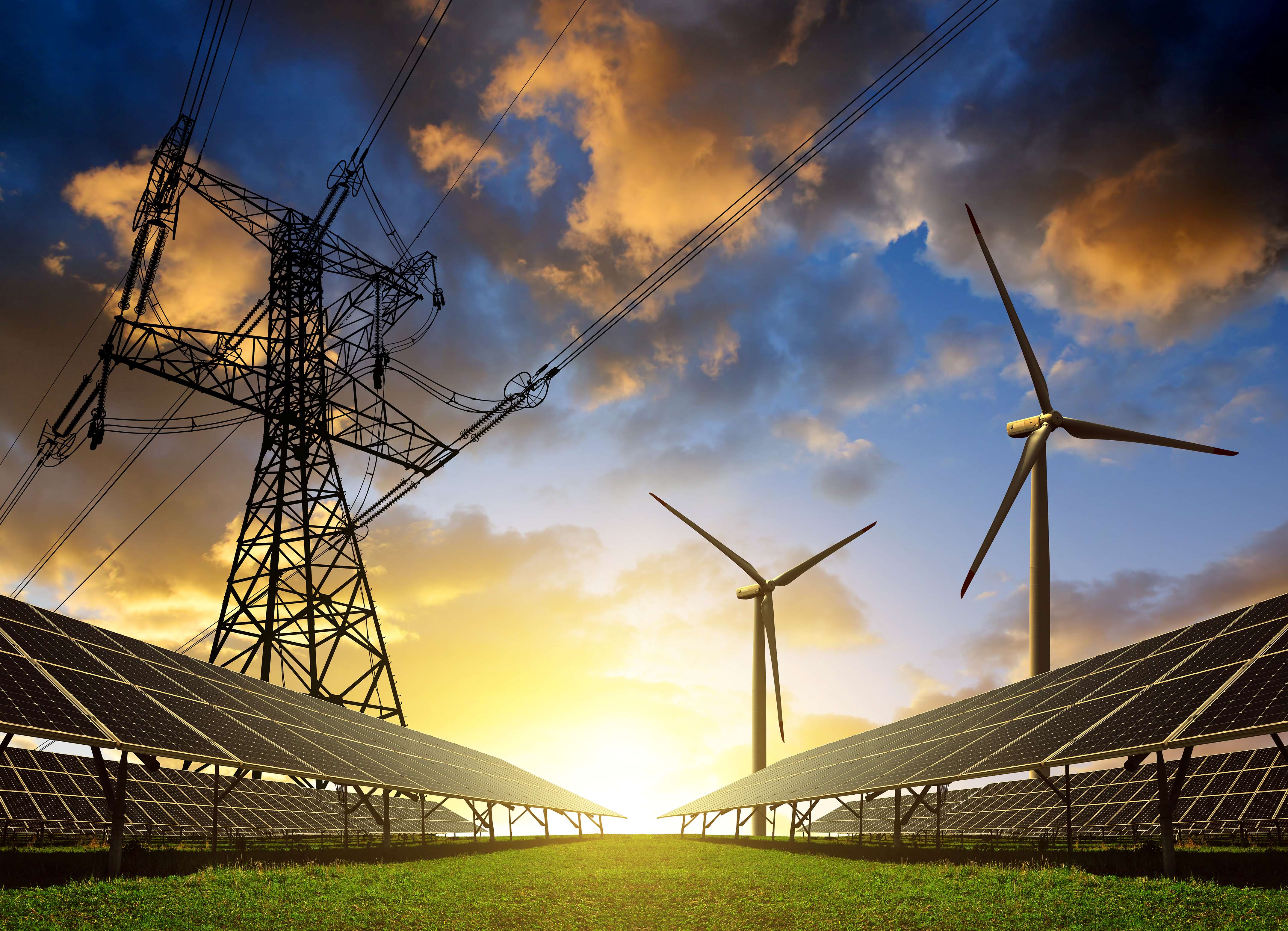Energy transition represents a global process of shifting from the use of fossil fuels and other polluting and unsustainable energy sources to utilizing renewable and cleaner energy sources such as solar energy, wind energy, hydroelectric power, geothermal energy, or non-polluting nuclear energy.
Republic of Moldova aims to establish a competitive and sustainable energy sector, including from an environmental perspective, integrated into European energy infrastructure and markets, ensuring an adequate level of energy security, so that consumers can have continuous access to affordable energy.
To achieve these objectives, the Republic of Moldova has committed to align its policies with the overall objectives of EU energy and environmental policies.
Within the informal ministerial meeting of the Energy Community Treaty (July 7-9, 2022), the Republic of Moldova has preliminarily agreed on the following energy efficiency, renewable energy, and greenhouse gas emissions reduction targets for 2030:
Ensuring primary energy consumption at the level of 3,000 kilotonnes of oil equivalent.
- Ensuring final energy consumption does not exceed 2,800 ktoe.
- Achieving a share of at least 27% renewable energy in the energy balance.
- Reducing greenhouse gas emissions by 9.1 million tonnes of CO2 equivalent by 2030 compared to the reference year of 1990.
Energy transition is necessary to address climate change and reduce greenhouse gas emissions that contribute to global warming and other environmental issues. In addition, energy transition aims to reduce dependence on imported fossil fuels and enhance energy security by developing domestic renewable energy sources.
This transition involves changes in how energy is produced, distributed, and consumed, as well as the adoption of more energy-efficient technologies. In this regard, energy transition can be seen as an opportunity to develop new industries and create jobs in the renewable energy sector.
In addition to technical aspects, energy transition also involves cultural and behavioral changes, such as promoting the use of less polluting transportation, improving energy efficiency in households, and promoting a more sustainable lifestyle in general.
The Republic of Moldova has international commitments through the signing of the Paris Agreement, which includes reducing greenhouse gas emissions to limit global temperature rise to 1.5 degrees Celsius above pre-industrial levels. Moreover, the Republic of Moldova has national objectives to reduce greenhouse gas emissions and increase renewable energy production.
To achieve energy transition, the Republic of Moldova has adopted a long-term energy strategy aimed at reducing dependence on fossil fuels and increasing the capacity of renewable energy production. This strategy includes objectives such as:
- Increasing the capacity of renewable energy production to 40% of the energy mix by 2030.
- Reducing energy consumption through improved energy efficiency in households and the industrial sector.
- Developing infrastructure for electric vehicle charging.
- Increasing electricity storage capacity.
- Increasing interconnection capacity with neighboring countries' energy grids.
In this regard, the Republic of Moldova has received financial and technical support from the European Union and other international organizations to implement the necessary measures for energy transition. Additionally, organizations and associations supporting energy transition in the Republic of Moldova, such as the Association for Sustainable Energy in Moldova, have been established and developed.
The Republic of Moldova has firm objectives and commitments for achieving energy transition and receives the necessary international support to implement them. However, energy transition is a complex and long-term process that requires continuous efforts and cooperation between the public and private sectors, as well as between countries.
